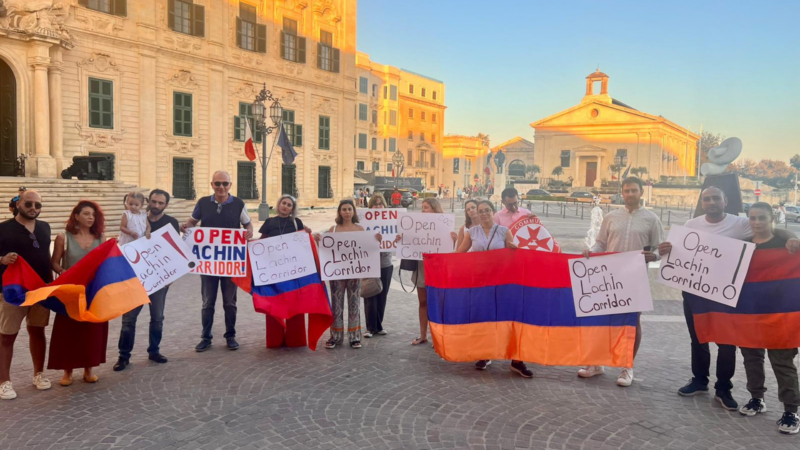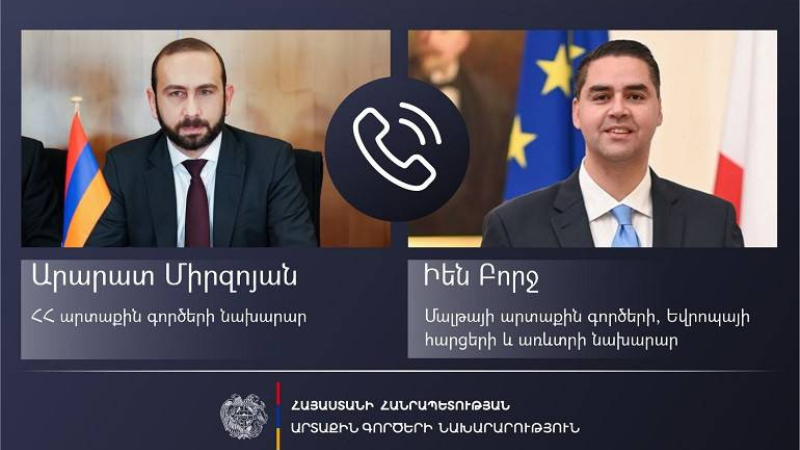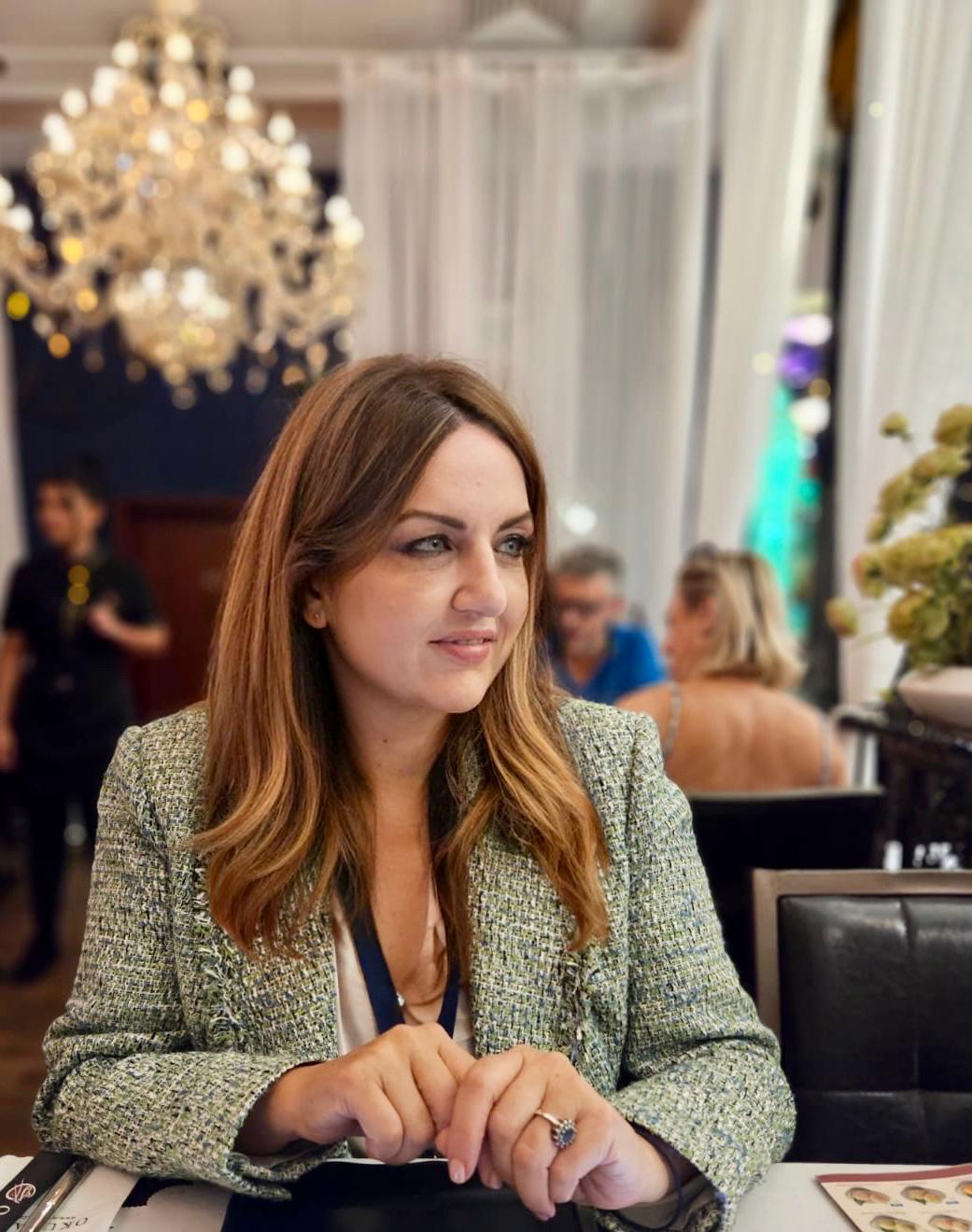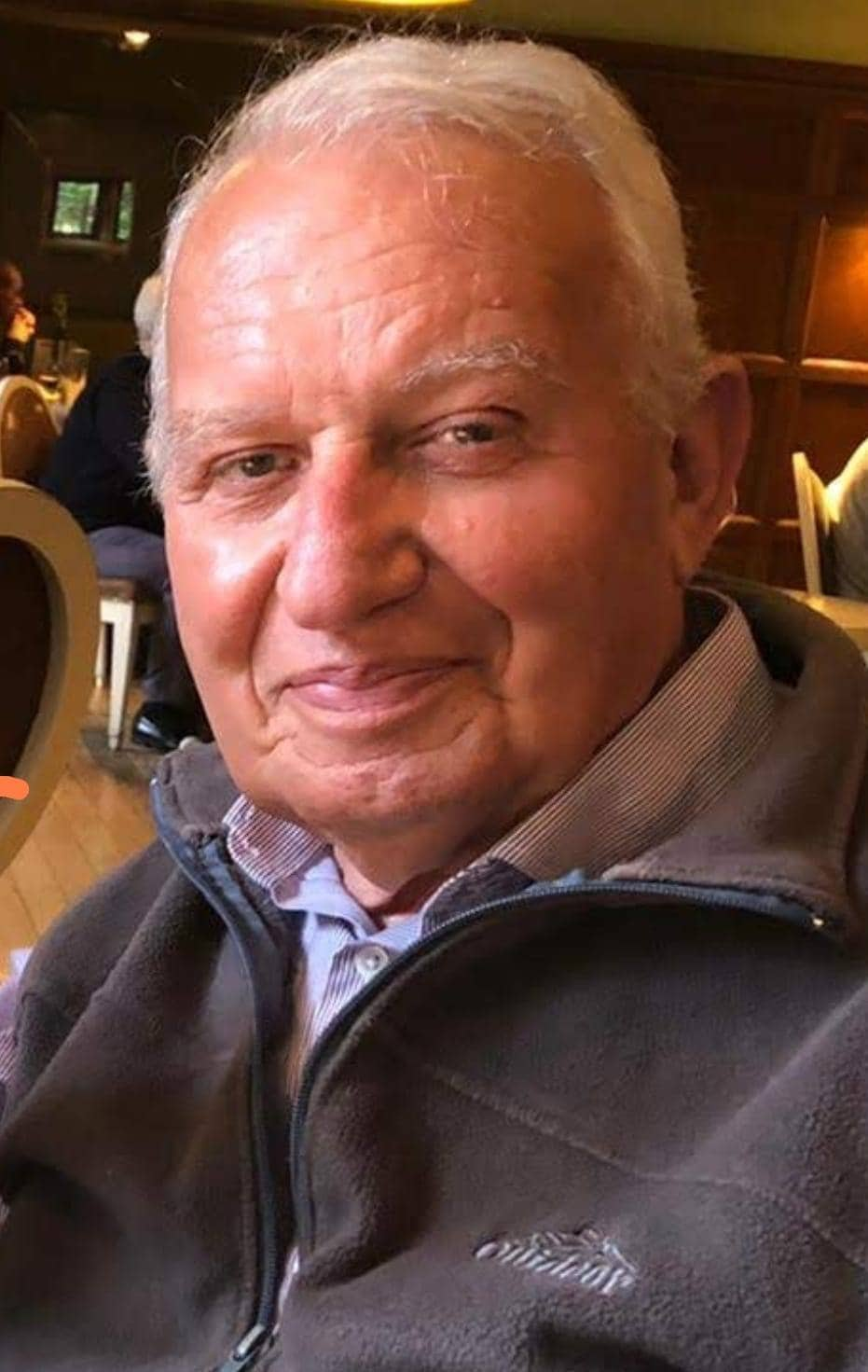Armenian Foreign Affairs Minister Ararat Mirzoyan last Thursday made a phone call to Foreign Minister Ian Borg pleading for Malta’s support in its impasse with Azerbaijan, which has seen a humanitarian crisis unfold among the 120,000 population of the disputed Nagorno-Karabakh region.
Azerbaijan has currently blockaded the Lachin corridor leading to Nagorno-Karabakh and Mirzoyan’s appeal to Borg comes just after a United Nations group of experts found the blockade “has left the population facing acute shortages of food staples, medication, and hygiene products”.
The UN also found Azerbaijan’s blockade has “impacted the functioning of medical and educational institutions, and placed the lives of the residents – especially children, persons with disabilities, older persons, pregnant women, and the sick – at significant risk”.
Malta enjoys a comfortable commercial and diplomatic relationship with Azerbaijan.
Azerbaijan’s state oil company, SOCAR, is a shareholder in Malta’s main power station, the corruption-riddled ElectroGas plant in Delimara, and Malta is also still at the beginning of an 18-year LNG supply agreement with SOCAR for the power station.
Over and above that, former prime minister Joseph Muscat is a regular visitor to Baku, where he is a member of Azerbaijani strongman Ilham Aliyev’s Nizami Ganjavi International Centre (NGIC).
Muscat has been a member of the NGIC since 2020 joining after his protracted December 2019 resignation from the office of the prime minister.
The think tank was founded by Azerbaijani leader Ilham Aliyev and is funded by the Azerbaijani government, with which Muscat fostered a cosy relationship while in power.
Muscat was there last June for an event entitled ‘Reconstruction, Reconciliation, and Integration: Energy, Economy, Environment and Equity’.
Its opening ceremony included a video about Azerbaijani lands that had been ‘liberated’ from occupation. Ostensibly, these lands are those contested as part of the protracted Armenia-Azerbaijan war which has seen tens of thousands killed.
Azerbaijan’s blockade of the Lachin corridor and the ensuing humanitarian crisis forms part of the latest hostilities in the lands Aliyev claims to have liberated.

Members of the Armenian community in Malta calling for action during a demonstration in Valletta last week.
According to a UN expert report published this week, Azerbaijan’s blockade of the Lachin Corridor “is a humanitarian emergency that has created severe shortages of essential food staples including sunflower oil, fish, chicken, dairy products, cereal, sugar and baby formula.”
They warned that the region was rapidly depleting its medical reserves, and hospitals were struggling to provide care as the operation of ambulances has been hampered due to declining fuel supplies.
The UN experts urged authorities in Azerbaijan to immediately restore the free and secure movement of persons, vehicles, and cargo moving along the Lachin corridor in both directions, in accordance with the ceasefire agreement of November 2020.
They also called on Russian peacekeeping forces deployed in the region to protect the corridor under the terms of the ceasefire agreement.
“By lifting the blockade, the authorities can alleviate the suffering of thousands of people in Nagorno-Karabakh and allow for the unimpeded flow of humanitarian assistance to the civilian population,” the experts said. “It is essential to ensure the safety, dignity, and well-being of all individuals during this critical time,” they said.
In his conversation with Borg, Mirzoyan stressed the urgency of “the immediate lifting of the blockade and the full restoration of movement in accordance with the Orders of the International Court of Justice of 22 February and 6 July”.
The Armenian community in Malta last week held a demonstration to raise awareness about the humanitarian crisis in front of Borg’s ministry in Valletta and urged the Maltese government to “use its diplomatic channels and international influence to address the urgent situation”.
Malta’s support for the cause would be especially influential as both a UN member state and a member of the UN Security Council, they said.
















Malta should step in and use its soft diplomacy powers to alleviate the suffering of this region. Lives are at risk.